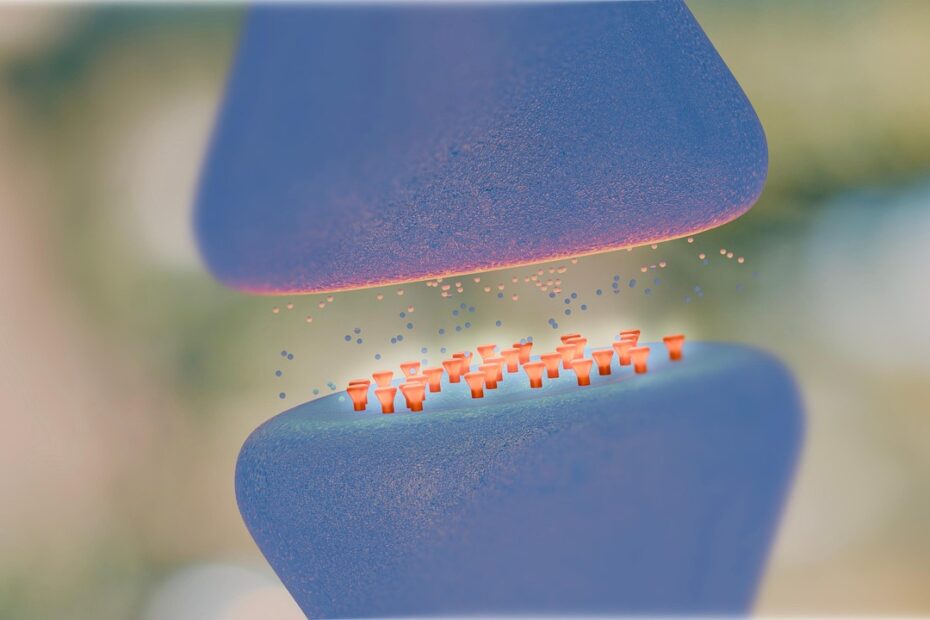Publicado: 26 de August de 2025 | Actualizado: 27/08/2025 a las 12:55:32 AM
Updated 08/27/2025
Carbohydrates, like potatoes, produce triglycerides or cholesterol, which end up in the nervous system for the production of neurotransmitters. Bread and rice, on the other hand, end up as sugars for antibodies in leukocytes, for example.
Water also ends up in nerve and muscle cells when we drink, and it serves to calibrate neurotransmitters. For example, when cells have a lot of water, leukocytes produce mineral-based antibodies, which regulate the amount of cellular water and also the amount of atmospheric water in the Earth. Antibodies and minerals often reduce the water in cells and the atmosphere whenever they oxidize with neurotransmitters in muscle cells, for example.
When this happens, physical performance can improve significantly as long as neurotransmitters are oxidized in muscle cell receptors, but sometimes they become depleted or malfunction. For example, in summer, atmospheric and cellular water levels are low if we don’t drink, and if we exercise, mineral-based antibodies oxidize and can become very hot and cause forest fires, due to the effect cells have in a summer atmosphere. If we ride a bike and notice low humidity or humid aerodynamic wind, we may notice forest fire odors.
It also happens that dreams with low cellular and atmospheric water and mineral-based antibodies cause dreams with more light, due to the effect of the antibody type, the neurotransmitter, and the molecular state in the cells.
To overcome this effect of excessive low humidity and bright dreams, it is necessary to change a chromosome and the antibody type, switching to iron antibodies. Iron reduces the light produced by neurotransmitters, caused by the mineral antibody, when it reaches high temperatures. It oxidizes with the neurotransmitter due to a lack of water. Iron transforms the gaseous state of the molecules, due to wear and tear or temperature, into atmospheric water or atmospheric humidity, each time it deprives the neurotransmitter of light, with the iron antibody. When atmospheric humidity increases, cells also absorb cellular water, reducing the light produced by neurotransmitters or dreams when we are sleeping. Once we have enough water, it is time to move on to the chromosome, from the mineral antibody, which will then oxidize again with the neurotransmitter.
It is important to calibrate the chromosomes according to antibody needs, since while they are oxidized with neurotransmitters, physical performance is optimal, but sometimes they do not oxidize, and physical performance declines.
This effect of water and antibodies can also be transferred to melanin. In the summer, with more daylight hours, we tend to exercise more from early in the morning to late in the day, and water expenditure is greater, depending on the calories in oxidized antibodies. We must also consider that at certain ages, muscle power is greater and always adds more calories in oxidized antibodies. But what happens if the atmosphere and cells aren’t replenished with water? If water isn’t replenished, antibodies oxidize less, physical power declines, and, for example, gray or white hair often appears because hair grows faster than antibody oxidation, and this also happens to the skin; tanning is less intense. It can also be a chromosomal coordination error. In blond hair, an almost white blonde color can be noticed when there is little rain or low humidity during the summer months. When the atmosphere is heavily water-laden, the oxidation capacity of antibodies is greater, and this can translate into more melanin for the hair. However, it’s important to replenish water, because a dry month without water, perhaps at certain ages and with a certain physical level, can consume a lot of water, more than what is replenished, and cause the same problem of white hair again.
Sometimes just drinking water isn’t enough. It could be that if drinking water would allow the Earth’s atmosphere to absorb water to replenish itself, it could be effective to drink water. However, when antibodies oxidize, they transmit their temperature to the atmosphere and to the body. We can drink water, but if the antibody oxidizes, causing the temperature of cells or the body as a whole, it also transmits it to the dust in the atmosphere. We can drink, but the atmosphere may be dry. It could be said that antibodies can be 90% smaller than a virus and are the particle that heats the most when oxidized, and are responsible for body temperature.
It could be that the mechanism for more atmospheric water or formation is iron and protein antibodies. When we exercise, proteins wear down and produce gases that are not flammable or almost non-flammable with the oxidation of mineral component antibodies, but cells can become very red and some poisons can swell. The iron antibody attracts these gases, which prevent the formation of water in the cells and helps replenish the cells’ proteins. When cell proteins are new and the cells take in water, the formation of atmospheric water is more instantaneous, but often as proteins wear down, they form gases that can become flammable and prevent cells from taking in water, even if we drink and renew their proteins, and this small effect is noticeable in the atmosphere. The iron antibody has to be synchronized with the chromosomes, and if we’ve never exercised, you may need to synchronize it for good physical performance. A negative effect could also occur with a diet low in iron on days of high activity.
Could it be that the Earth’s core contains iron, and when heated, it traps flammable gases from the biomass of the Earth’s crust? It could be.

